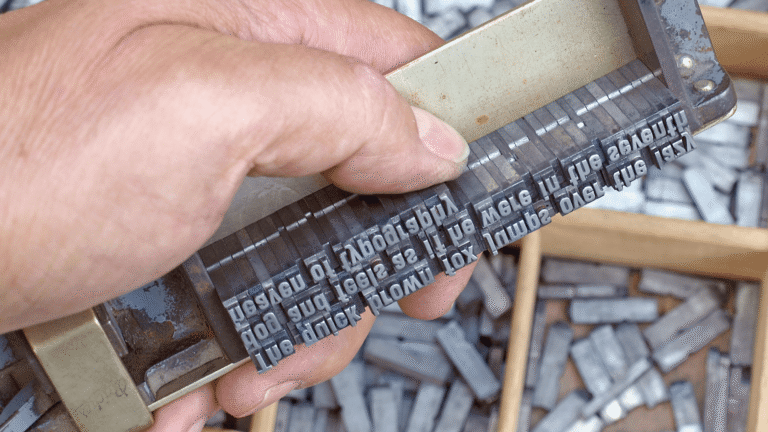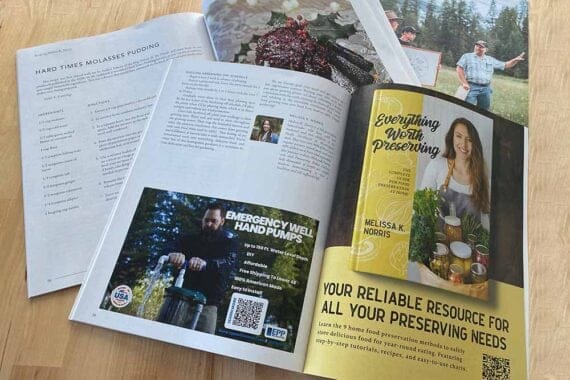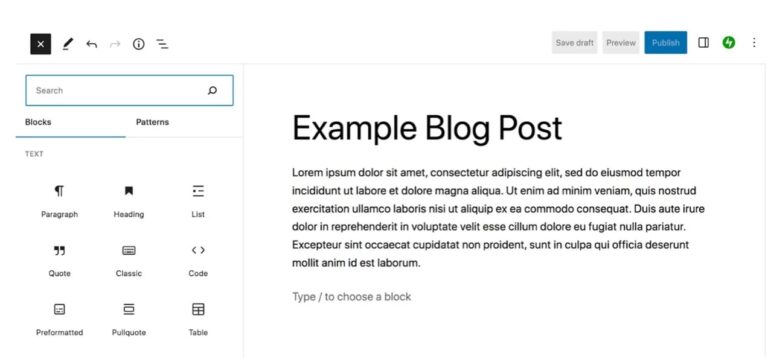
Few companies have done more for global prosperity than Alibaba.com. Launched famously in China by Jack Ma, a former school teacher, in 1999, the company now connects 200,000 suppliers with millions of retail merchants. Suppliers grow, retailers diversify, and consumers have more choice for less money.
Yet the B2B giant is not perfect. Language differences, intellectual property theft, and quality control can upend a supplier-buyer relationship.
Rah Mahtani is Alibaba.com’s head of commercial strategy in the U.S. In our recent conversation, I asked him about those challenges, tariffs, and more.
Our entire audio is embedded below. The transcript is edited for length and clarity.
Eric Bandholz: Tell us who you are and what you do.
Rah Mahtani: I oversee commercial strategy in the U.S. for Alibaba.com, the world’s largest B2B marketplace for small business owners. With over 200,000 suppliers and 200 million products, the sheer scale can be overwhelming at first.
The platform’s foundation is search and discovery. When sourcing, start by typing in the product you need. To vet manufacturers, check their tenure on Alibaba. Four or more years is a good sign. Seek ratings of 4.5 stars or higher, and ensure the on-time delivery rate exceeds 95%.
Confirm they can customize products, and they hold relevant credentials, such as organic certifications for natural goods. Authentic suppliers typically display these clearly.
Finally, review factory photos to confirm they’re true manufacturers, trading companies, or resellers. Alibaba verifies many suppliers through third-party checks — confirming the legitimacy of their business registration, facilities, and certifications — helping buyers connect with credible partners.
Bandholz: How should merchants communicate with overseas suppliers and build strong relationships?
Mahtani: Most Chinese manufacturers have English-speaking sales teams skilled in working with international buyers. Still, Alibaba.com includes built-in translation tools — even live video captions that translate in real time — making cross-language communication smooth.
ChatGPT translations are also effective. I often use them to chat with Mandarin-speaking colleagues, and they consistently say the translations are accurate and natural.
Don’t reach out to a potential supplier without first thoroughly understanding your product. For instance, when sourcing silverware, knowing the metals, finishes, and durability options enables clear and efficient communication.
Next, approach negotiations with respect. Both parties have margins to maintain, so avoid pushing for unrealistically low minimum order quantities that could strain the supplier. Set clear expectations upfront, including timelines, shipping methods, and delivery requirements. For beginners, a Delivered Duty Paid option simplifies logistics, while experienced buyers may work with freight forwarders.
Suppliers expect negotiation — there’s usually flexibility in pricing and order minimums — but transparency and fairness build trust.
Bandholz: What are the primary locations of manufacturers?
Mahtani: Key manufacturing hubs are China, Vietnam, Mexico, Bangladesh, Pakistan, and Thailand — each excelling in specific product categories. Alibaba.com works to digitize these suppliers, helping them develop global sales skills and connect with international buyers.
One advantage of Chinese manufacturers is their ability to accommodate smaller order quantities, ideal for testing new products or limited runs. Others, such as in Mexico and Vietnam, are improving but still catching up in this area.
Nearly half of Alibaba’s global buyers are U.S.-based, but only a small percentage of manufacturers. To meet growing demand for faster shipping, many international manufacturers now warehouse goods in the U.S.
On Alibaba’s home page, users can search by products and manufacturers, and filter by country.
Bandholz: How have tariffs affected Alibaba and its customers?
Mahtani: Tariffs create uncertainty, so our priority is to provide quick solutions to adapt, such as relocating manufacturing facilities or assistance in calculating ever-changing duties.
After the tariff announcements in May, a trend emerged on TikTok with factories claiming to manufacture for major brands. Using our data and agreements, we clarified that legitimate factories wouldn’t disclose their customers. We highlighted Alibaba.com as a reliable source.
Tariffs sparked a massive surge in interest in global sourcing, propelling Alibaba to become the number one shopping app in the U.S. on Apple’s App Store. Experienced buyers also saw opportunities, ramping up sourcing for seasonal products such as holiday decor.
During the 90-day tariff pause, manufacturers and buyers collaborated to produce and import products before higher duties applied.
Bandholz: On Alibaba, it seems a single manufacturer may operate under different names.
Mahtani: Yes, some factories use multiple names. Alibaba manages this with a large category team that meets suppliers daily, verifies certifications, and ensures compliance. AI tools also check for duplicates, inaccuracies, intellectual property issues, and inauthentic listings.
For high-volume or experienced merchant buyers, our Request for Quotation tool is ideal. Input all product requirements — materials, features, finishes, even zipper types — and send the request to multiple manufacturers simultaneously. RFQs streamline sourcing, enabling buyers to compare credentials, verify manufacturer authenticity, and make informed decisions.
Bandholz: How can brands protect their designs from being copied when sourcing products from China?
Mahtani: Copying is a genuine concern. Alibaba has strengthened IP protection through a dedicated team, AI tools, and legal oversight. Merchants can report infringements or submit proof of their own patents and trademarks, allowing the team to act on their behalf. Human review complements AI monitoring, with staff manually checking listings daily.
Brands should document all communications with suppliers — through chat, email, WhatsApp — and keep screenshots. Written records are informal contracts in arbitration if disputes arise, although we recommend formal agreements, especially for molds, patents, or proprietary designs.
Try to keep all communications on the Alibaba platform; off-platform communication is acceptable if documented. However, process all payments through Alibaba.com to ensure transparency. Direct wire transfers bypass platform protections and remove recourse.
Clear documentation, formal agreements, and platform payments are key to protecting intellectual property.
Bandholz: How do merchant buyers ensure product quality matches their samples?
Mahtani: We strongly recommend third-party inspectors, either from our approved list or one you choose independently. Additionally, maintain quality checks throughout production.
For example, monitor the gemstones in fine jewelry and confirm their polish or finish. For any product, request frequent photos or videos via WhatsApp, conduct video check-ins, and document quality at multiple stages. Regular oversight ensures the final product meets the original sample and reduces surprises upon delivery.
Bandholz: How can listeners check out Alibaba and connect with you?
Mahtani: Our site is Alibaba.com. We’re active on Instagram and TikTok. I’m on LinkedIn.





